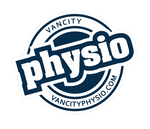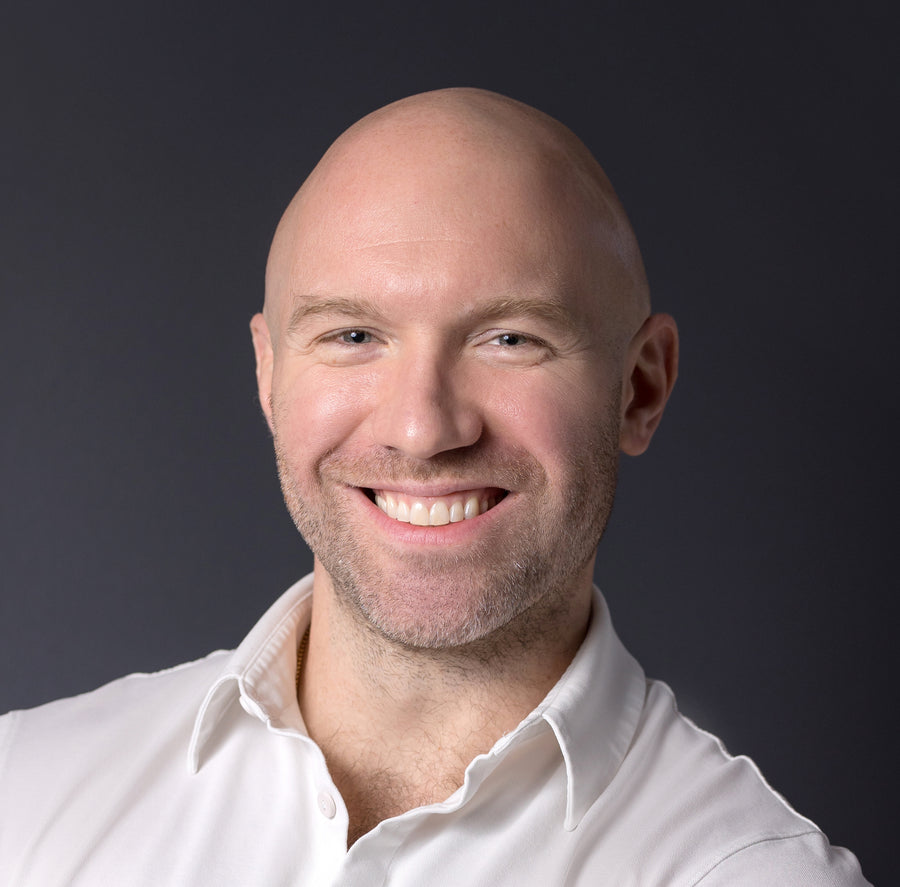Mental health has been at the forefront of a lot of our conversations lately. For most of us, routine stressors in life that were significant before COVID-19 have sent shockwaves throughout the world. Whether it be financial stress, loneliness or existential anxiety, these all have impacts on our mental health and need to be taken seriously.
What does this have to do with physiotherapy? Physical and mental health are intimately linked. We approach physiotherapy treatment through the lens of the biopsychosocial model, which is a more holistic approach to health, healing, and pain science. During stressful periods, such as during COVID-19, we can’t emphasize enough how important it is to take care of your whole being—body, mind and spirit.
What is the Biopsychosocial Model?
Developed by psychiatrist George Engel in the 1970s, the biopsychosocial model is a holistic, patient-centred approach of diagnosing and treating pain. In contrast to the biomedical model—a reductionist, “fix-it” approach—the biopsychosocial model considers the physical, mental and environmental components of a patient’s life, all of which interact with and influence the experience of pain. Specifically, “bio” refers to physiological processes—muscles, ligaments, joints, tendons and so on. “Psycho” refers to the thoughts, emotions, fear/avoidance behaviours and personality traits, which impact how we consciously function. Finally, “social” refers to our environment—culture, socioeconomics, jobs, relationships and worldview. Medical professionals who adopt this model believe that the psychosocial factors in life impact the experience, assessment, and treatment of pain.
The Biopsychosocial Model & Physiotherapy
What does this approach look like in the physiotherapy world? Great question. Here at VanCity Physio we adopt the biopsychosocial model. What this means for you is that we want to hear your story. Not just the story about how your shoulder sustained an injury (though that is an important part of the story), but also the story of psychosocial stressors in your life that might be impacting your body’s ability to heal. Chances are, the mental stressors from COVID-19 are influencing your own physical body, whether consciously or not.
Our Approach
While we are not, nor do we claim to be, psychologists, we believe that this holistic approach is essential to recovery. Using active listening skills and asking open-ended and reflective questions, we build rapport with our clients. Building trusting relationships facilitates a more effective assessment and treatment of pain, tailored to your needs and circumstance.
Get in Touch
Whether you are looking for some guidance on how to stay active while socially isolating, or if you have a nagging injury that needs some attention, we are happy to help! Using our TelePhysio (also known as TeleRehab or ePhysio) service, we’ll be able to give you the high-quality treatment you’d expect in a typical in-person clinic. Get in touch today to get started on your free initial 20-minute treatment.


